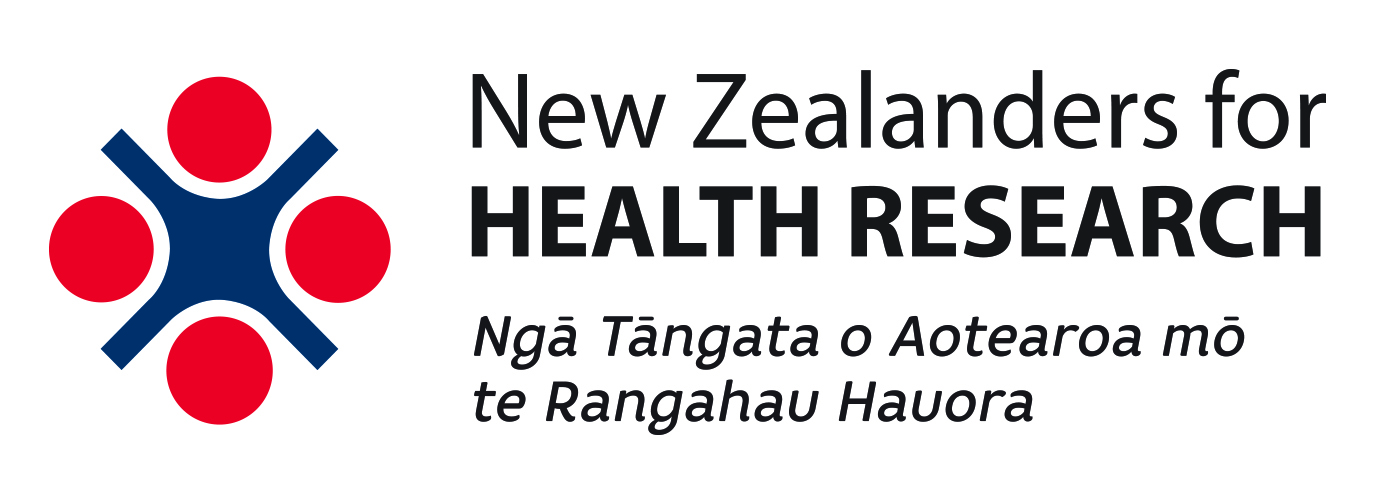News & Opinion
Our research community tonight gathers in Wellington for a gala dinner celebrating 150 years of our leading body for science and the humanities, the Royal Society Te Aparangi. Science reporter Jamie Morton looks at 10 highlights in its history. 1874: The cave controversy Who hunted the moa to extinction proved a heated dispute between two…
Read MorePregnant women have a new natural weapon in the fight against gestational diabetes. Dairy giant Fonterra has developed a naturally occurring probiotic, and research led by the University of Otago, Wellington has shown it has resulted in a 68 per cent reduction in gestational diabetes in a trial group of 194 women. Fresh studies will soon…
Read More*Leading genome engineering solutions provider announces expanded availability of the most efficient and cost effective synthetic RNA to the UK* REDWOOD CITY, CA and LONDON, UNITED KINGDOM–(Marketwired – Apr 4, 2017) – Synthego , a leading provider of genome engineering solutions, today announces the University of Oxford has been chosen for its synthetic sgRNA grant…
Read MoreCerebrum is the first machine learning solution created specifically for healthcare apps “Leveraging smartphones will bring on an era of pervasive health diagnostics” PALO ALTO, Calif., April 04, 2017 (GLOBE NEWSWIRE) — MEDABLE Inc., the leading application and analytics platform for healthcare, today announced Cerebrum, the first cloud-based machine learning solution created specifically for healthcare…
Read MoreMolecular insight into our own DNA is now possible, a field called personal genomics. Such approaches can let us know when we might have cancer-causing alterations in our genes. Well-known examples are the melanoma oncogene BRAF kinase, the breast cancer gene BRCA1 and the prostate specific antigen PSA. But there is more to cancer and…
Read MoreMāori experience considerable longer-term disability after injury, new University of Otago analysis of patient-reported and Accident Compensation Corporation (ACC) data shows. A paper appearing in the Australian and New Zealand Journal of Public Health shows that disability rates for Māori two years post-injury were at 19 per cent. Dr Emma Wyeth, who led the study,…
Read MoreJoin leading geneticist, Prof Nick Martin & psychiatrists, Prof Ian Hickie, AM & Prof Jane Burns tomorrow Tuesday, April 4, for the Australian launch of the world’s largest & most rigorous genetic investigation into depression to date, at the Sydney Brain & Mind Centre. The Australian Genetics of Depression Study is the local arm of a ground-breaking…
Read MoreFuture advances in healthcare will be aided by a new £10 million facility – the National Institute for Health Research Innovation Observatory. Based at Newcastle University and funded by the National Institute for Health Research, the unique facility will shape the future of health advances to provide better and more efficient healthcare for patients and…
Read MoreMinister for Industry, Innovation and Science Arthur Sinodinos today unveiled the Australian Cancer Research Foundation (ACRF) Detector, a device akin to a turbocharged camera, which will fast-track cancer research at the Australian Synchrotron by harnessing light a million times brighter than the sun. Currently, more than 60% of all the research conducted on the synchrotron’s…
Read More???Neighbourhoods designed to encourage people to walk to and from the shops and public transport will help reduce hospital costs and admissions linked to residents, new Canberra research shows. The research project, from the University of Canberra’s Health Research Institute, has revealed a relationship between a suburb’s “walkability score” and a reduction in both hospital…
Read More
